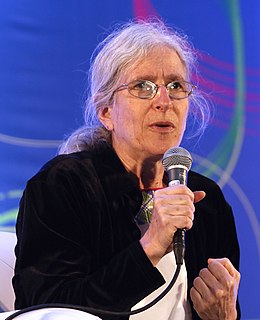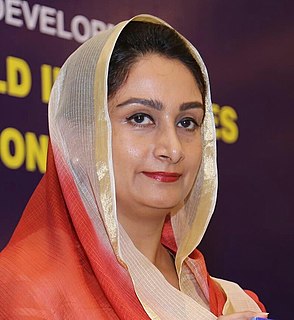A Quote by Aviva Chomsky
If our goal is to slow migration, then the best way to do so is to work for a more equitable global system. But slowing migration is an odd goal, if the real problem is global inequality.
Related Quotes
In a world of serious threats to the U.K. and to global stability, where we see violence and conflict pulling people back into poverty, international terrorism, migration crises, children dying from preventable diseases and global environmental concerns on the rise, Britain's leadership on the world stage is more important than ever.
In other words, the real problem is not exterior. The real problem is interior. The real problem is how to get people to internally transform, from egocentric to sociocentric to worldcentric consciousness, which is the only stance that can grasp the global dimensions of the problem in the first place, and thus the only stance that can freely, even eagerly, embrace global solutions.
The specter of climate change threatens worsening natural disasters, rapid urbanization, forced migration, and economic hardship for the most vulnerable. Despite significant global advances, inability to effectively address epidemics and health emergencies still prevail and continuously threaten global health security and economic development.
The proper goal of an economic democracy agenda is to replace the global suicide economy ruled by rapacious and unaccountable global corporations with a planetary system of local living economies comprised of human-scale enterprise rooted in the communities they serve and locally owned by the people whose wellbeing depends on them.








































